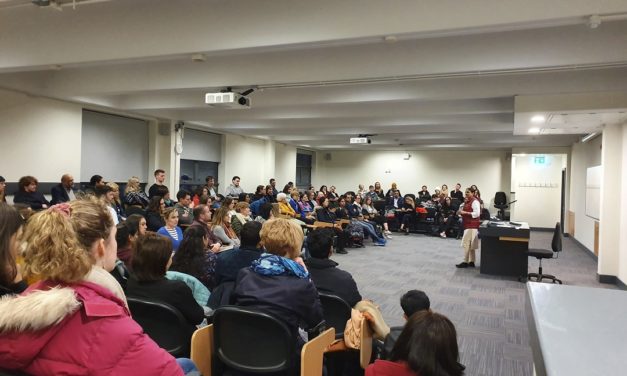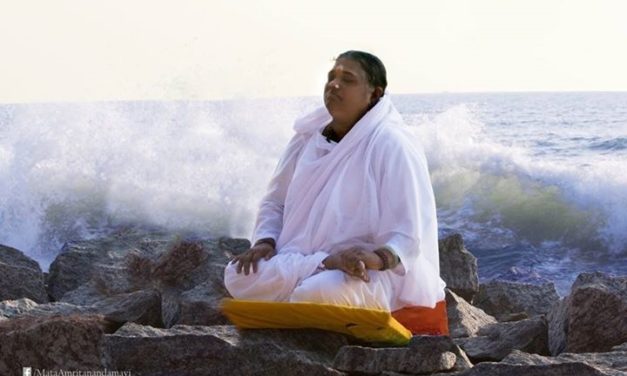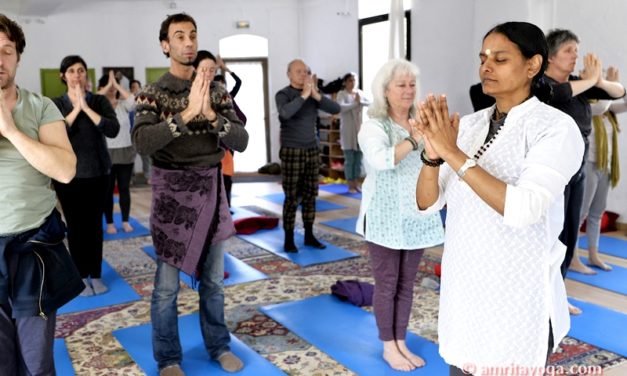Yoga – Stretching the Mind, Not Just the Body
On February 10, during her first visit to Ireland, University College Dublin (UCD), Ireland’s leading and largest university, hosted Brahmacharini Shobana, an award winning yoga practitioner and teacher who has dedicated her life as a monastic in Amma’s ashram to the pursuit of authentic yoga. Under Amma’s guidance, Shobana has been the director of AMRITA YOGA® since 2004. Having taught more than 3000 workshops, classes and retreats worldwide, she specializes in bridging the gap between the ancient traditional Eastern practice and the practical needs of yoga in the West. Shobana’s dedication to Yoga teaching has been recognized in multiple forums....
Read More


